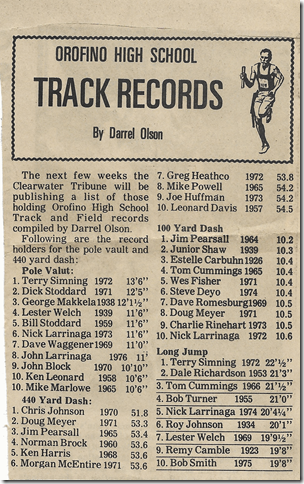Brother Doug has been doing some research on our grandfather Huffman. During WWI Grandpa was in the U.S. Army and was sent to Russia. Here is the latest story related to that deployment.
I bought a couple more books on the American Expeditionary Force Siberia. One called, “The Russian Sideshow” by Robert Willet is particularly interesting. I have been able to correlate things he said in the book to things my grandfather, Cecil Huffman wrote home to his parents about. In particular, the trip to Vladivostok is of interest.
Cecil sailed to Vladivostok on the Sheridan, leaving San Francisco on September 2, 1918. They were accompanied by another troop ship called the Logan. The ships stopped at Japan to take on coal. They stopped at Hakodate on the northern island of Hokkaido, which unfortunately didn’t have any coal.
From the book:
As the two ships anchored outside Hakodate on the northern island of Hokkaido, it was decided to let the doughboys get off the ship, visit the city, and stretch their legs. It was not a wise decision. The ships arrived unannounced, and very soon, unwelcomed. As the thirty seven hundred doughboys, unsteady from weeks at sea, descended on the city, they immediately looked for bars and ladies of the evening…
It soon became apparent that Japanese whiskey had a power that affected the men far more than they anticipated. Johnson described the problem to Roberts:
“All the cheap bars have Scotch whiskey made in Japan, “ he told us, “If you come across any, don’t touch it. It’s called Queen George, and it’s sublimate proof, because thirty-five hundred enlisted men were stinko fifteen minutes after they got ashore. I never saw so many get so drunk so fast.”
Johnson enlisted Roberts and a few others to round up the men and get them back aboard the two transports. Roberts described the challenge:
“Intoxicated soldiers seemed to have the flowing qualities of water, able to seep through doorways, down chimneys, up through floors. When we slowly edged a score of khaki-clad tosspots from a dive and started them toward the ships, then turned to see whether we had overlooked anyone, the room would unbelievably be filled with unsteady doughboys, sprung from God knows where, drunkenly negotiating for the change of American money or the purchase of juss one more boll of Queen George.”
It was not just the enlisted men; officers joined in the orgy and later paid the price. Eventually, order was restored, and the two ships lumbered out of port, still without coal.
Cecil wrote his parents (This is his punctuation, spelling and sentence structure):
On Japan Sea
September 28, 1918:
Dear Father + Mother,
Well I wonder how you are tonight I am fine and dandy. We stopped in Japan got to go ashore one after noon had more fun than I ever had in the same length of time. They just follow you around in droves some of them can talk a little English my bunch ran onto some boys that were talking English in high school they said, could talk pretty good had them show us to a resturant we went in and ordered ham + eggs they brought us bread and butter on plates we told them we wanted ham and eggs so she went back and brought us some raw eggs in the shell then one of the boys went in the kitchen and showed them what we wanted so after so long a time we got them they were sure good when we got them. There was one thing right after another happening all the time we were there. The town was a dirty place they had no sewers or anything like we have at home they had street cars but the tracks are not kept up are awfully rough. They are about a hundred years behind the U. S. in everything…
The ships sailed north about 150 miles to Otaru to get coal. Only a few men were allowed to go ashore at Otaru, but those few managed to convince the locals that gilded Philippine one-centave coins were pure gold coins. They were passing the coins off to the locals when the fraud was discovered and the police got involved. One of the soldiers smashed a liquor bottle over the head of a police officer and it created what was described as a true international incident. The ships were held in port until the fraud and assault charges were resolved. While they were being held in port a typhoon came in and blew the Logan ashore damaging it slightly. (Cecil was on board the Sheridan)
Cecil mentioned the typhoon in his letter of September 28:
Had a real storm while we were in the harbor I never saw the wind blow so hard the water or spray blew through the air just like the snow flies in a bad snow storm. Was glad we were in the harbor it would have been awfully rough on the sea.
The ships arrived in Vladivostok on September 29 at 8:30 PM, the day after Cecil wrote the letter to his parents. He didn’t mention any of the conflict the soldiers had with the Japanese in his letter.
It is interesting to note that Dad told me Uncle Walt and Grandpa didn’t drink, while Uncle Claude was a heavy drinker. I have no idea if Grandpa was involved in the drunken behavior in Japan or not. He was 31 years old at the time, older and possibly more mature than most of his fellow soldiers, but who knows what part he played in the unruly scene in Japan.
The book mentions all three skirmishes Cecil was involved in. Previously, I could only find information on the skirmish at Novo Nezhino. The book downplays the significance of the skirmish at Novo Nezhino compared to the description I found in the book entitled, “The history of the 31st.” I will write about the skirmishes at Maihe and Knevichi at a later date.
Like this:
Like Loading...

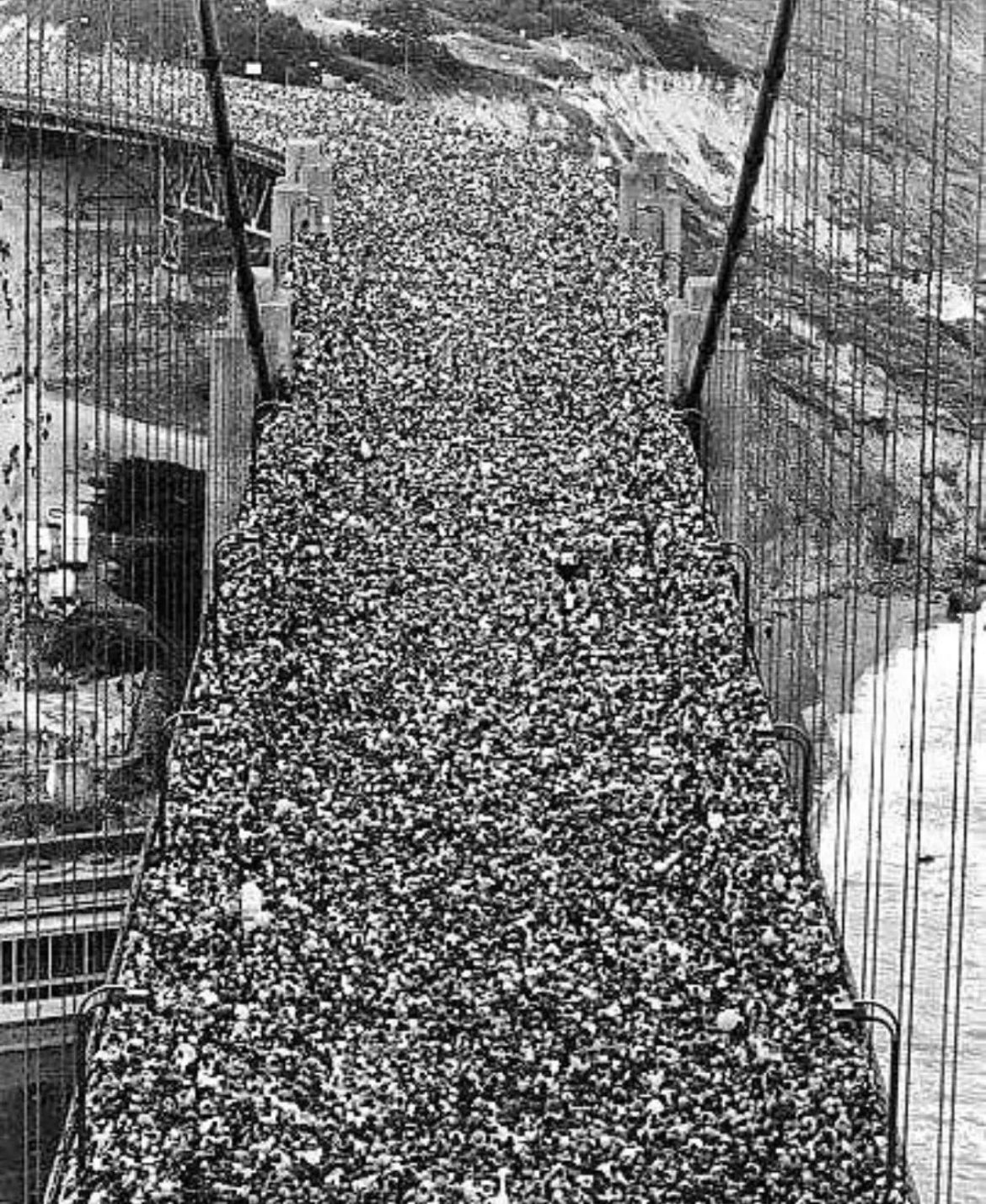


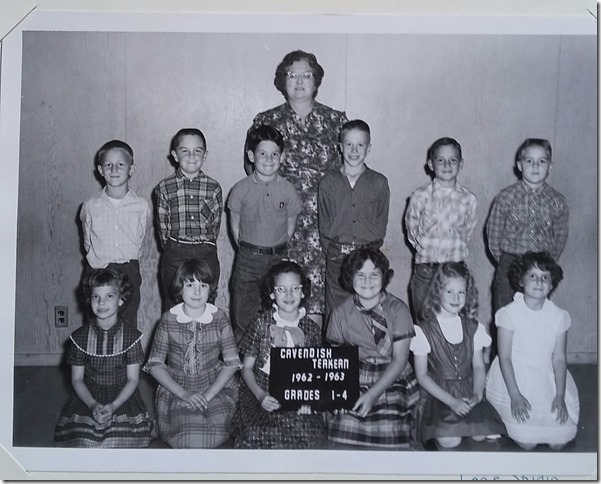
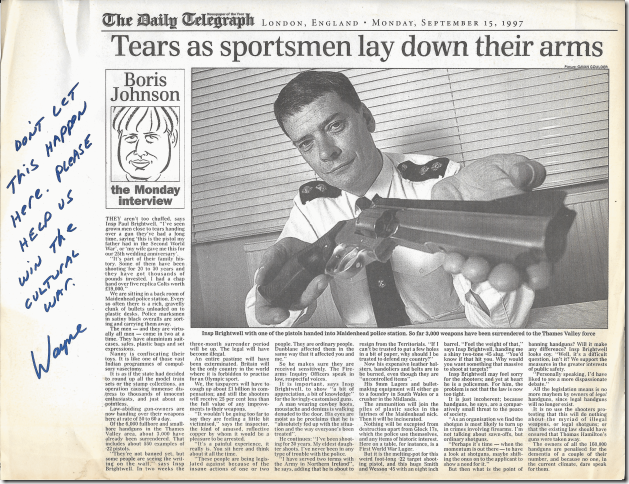
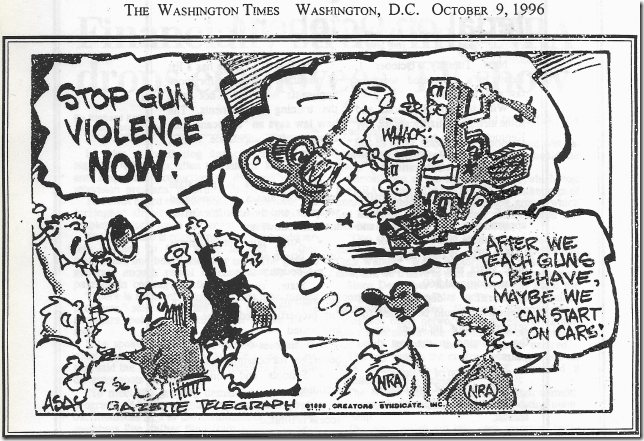

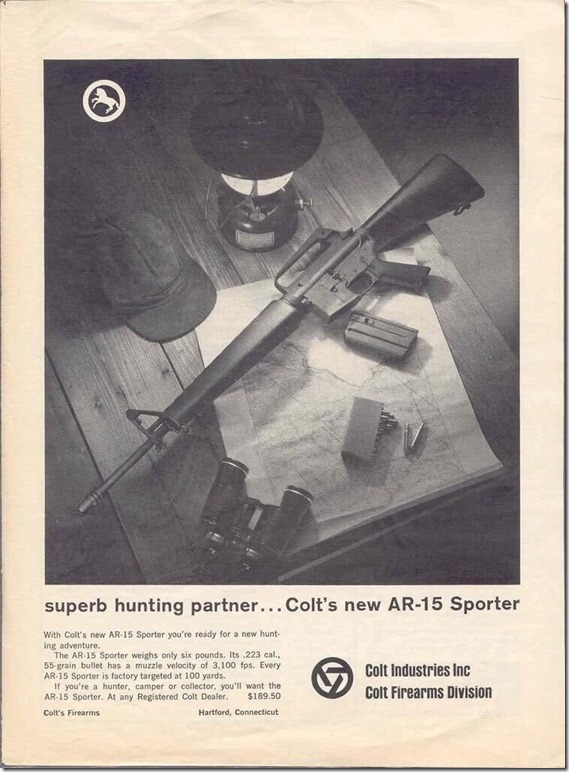
 NoAlcohol
NoAlcohol @NoGunsNoAlcohol
@NoGunsNoAlcohol